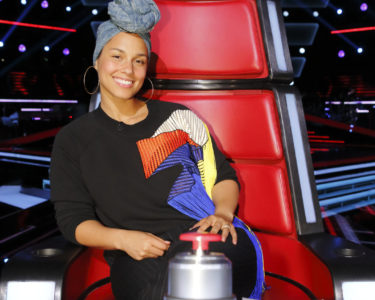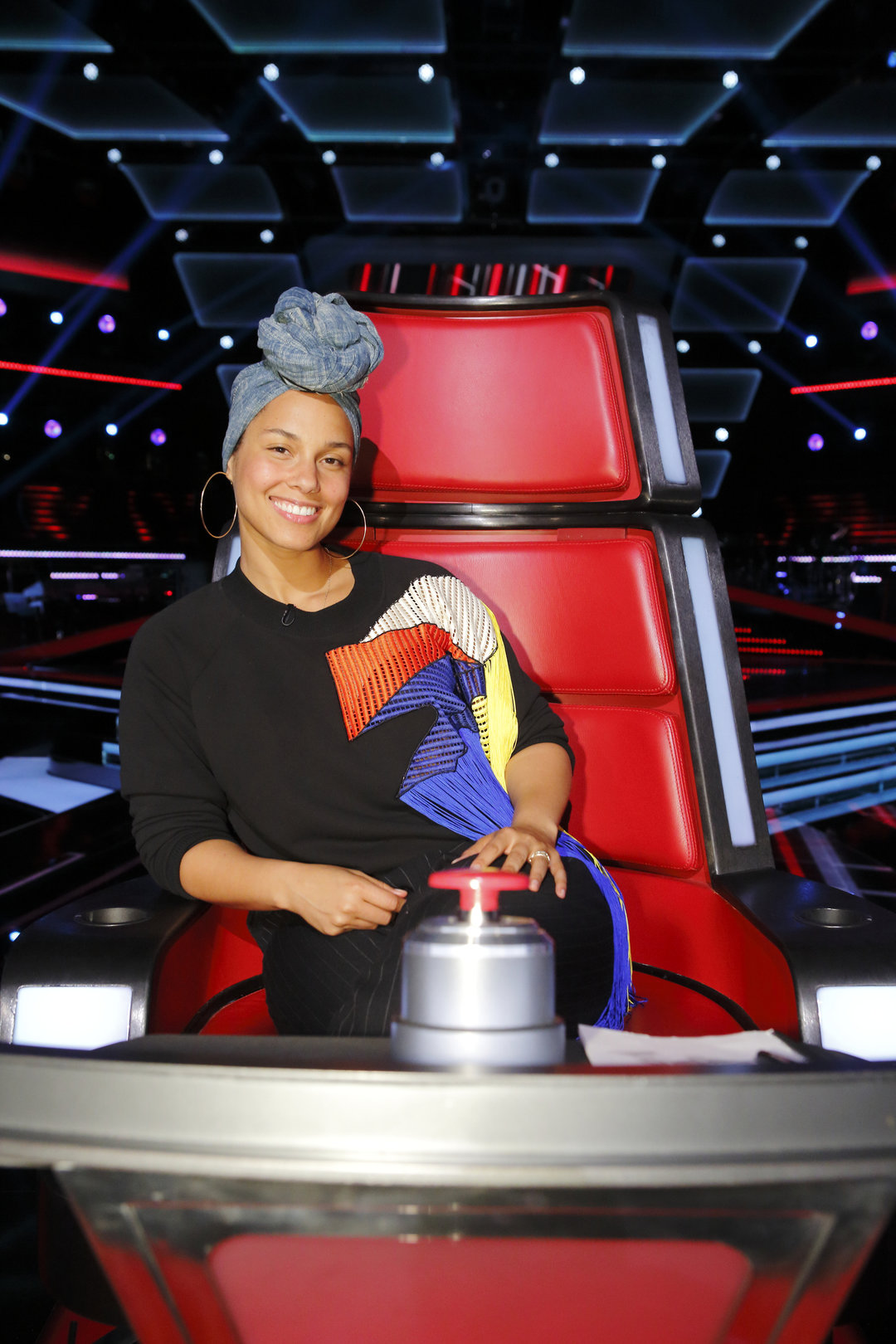Alicia Keys doesn’t want to wear makeup anymore, and that’s a problem for society.
The award-winning songwriter has performed at the Democratic National Convention and the MTV Video Music Awards without a hint of face paint. She wrote an essay for Lenny’s magazine on May 31, 2016, about the insecurities she has endured from being seen without adornments in the public eye.

Since then, Keys has received applause from her fans and critiques from others who don’t agree with her stance.
“One of the many things I was tired of was the constant judgment of women,” wrote Keys.
“[There is] constant stereotyping through every medium that makes us feel like being a normal size is not normal, and heaven forbid if you’re plus-size. [There is a] constant message that being sexy means being naked.”
“I don’t want to cover up anymore,” she wrote.
“Not my face, not my mind, not my soul, not my thoughts, not my dreams, not my struggles, not my emotional growth. Nothing.”
The producer wrote her essay at a time when thousands of YouTube makeup tutorials are getting more famous, and celebrities make millions with their cosmetics lines.
To be honest, I barely use face cosmetics, but a bright red tint on my lips makes me feel unique and cute. That might also happen with other women, and that’s one of the reasons I consider that this #NoMakeup trend goes beyond the desire to achieve certain beauty standards.
Apparently what a woman decides is a matters to society.
People talk if a woman chooses to wear a red wedding dress and avoid the traditional white gown.
People discuss if a woman wants to have an abortion or keep her baby.
People also talk if another girl prefers to have a DD bust implant, or if she chooses to age “gracefully” and avoid Botox.
Even for a woman, the decision process is difficult. Questions often come to one’s mind like: Would I please everybody? Or is someone going to be mad if I choose to wear this?
That’s why this entire discussion reminded me of the debates going on regarding the natural hair movement; the burkinis (full body swimsuits) banned on France’s coastal towns and the burka and niqab ban in places like Belgium, the Netherlands and Chad.
Prohibition is a common denominator in all of these cases. For instance, a lot of discussions were made around some schools that ban Afro hairstyles. The debate is also vivid after French police made a woman remove a long-sleeved tunic on the Nice beach.
But, on the other side, what about the women who go a little further and use false eyelashes, tints, hair extensions and are contouring experts? Can we say that they’re not comfortable with their bodies? Are they less real? Not ‘raw’ enough?
I think that it’s about more than makeup. All of this buzz should lead us to advocate for women’s autonomy; for being who you are and not letting anybody tell you how you should be or act.



